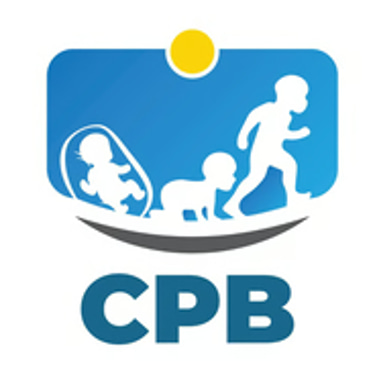Because every child deserves the best care
The importance of monitoring the psychomotor development of the child
The psychomotor development of a child is a complex and essential process that encompasses physical, cognitive, and emotional aspects of their growth. Every stage, from the first smiles to the first steps, plays a crucial role in your child's growth and well-being. This is why monitoring this development is essential to detect potential delays or disorders and intervene promptly if needed.
Dr Chokoteu Yossa D.
10/25/20242 min read
1- What is psychomotor development?
Psychomotor development refers to the acquisition of motor, sensory, and cognitive skills in children, including:
Gross motor skills: Control of body movements (rolling, crawling, walking, running).
Fine motor skills: Coordination of precise movements involving hands and fingers (grasping objects, drawing, writing).
Sensory and cognitive development: The ability to explore, understand, and interact with the environment.
Social and emotional development: Interacting with others, managing emotions, and forming attachments with parents.
Psychomotor development progresses in stages following a general pattern, but each child develops at their own pace.
2- Why is it important to monitor this development?
Regular monitoring of psychomotor development allows:
Early detection of delays: Some children may experience delays in specific areas, such as walking, speech, or fine motor skills. While these delays may resolve naturally, some require intervention to prevent worsening.
Identification of developmental disorders: More serious disorders, such as Autism Spectrum Disorder (ASD), Attention Deficit Hyperactivity Disorder (ADHD), or coordination disorders, can be identified early. Early detection ensures timely, effective interventions.
Guiding parents with best practices: Each developmental stage requires specific stimulation. For instance, encouraging a baby to manipulate objects helps develop fine motor skills, while supporting first steps promotes gross motor development. Monitoring helps guide parents toward age-appropriate activities and exercises.
Strengthening the parent-child bond: Monitoring psychomotor development helps parents better understand their child’s needs and abilities, fostering emotional bonding and improving communication.
3- Key stages of psychomotor development
Here is an overview of key developmental stages in young children:
4 to 6 months: Head control, smiling, early babbling, grasping objects, turning the head toward sound stimuli.
6 to 12 months: Sitting independently, crawling, saying simple syllables (“mama,” “dada”), starting to imitate simple gestures.
12 to 18 months: Independent walking, vocabulary growth, object manipulation, and more pronounced social interactions.
18 to 36 months: Running, jumping, climbing, rapid language development, and early fine motor activities like drawing or handling small objects.
These stages may vary slightly among children, but they serve as a guide to monitor progress and detect potential issues early.
4- The role of the Bonapriso Pediatric Center in psychomotor monitoring
At the Bonapriso Pediatric Center, we support parents by:
Performing regular assessments: Our doctors closely monitor every stage of your child’s psychomotor development during routine check-ups (monthly for the first six months and every three months from 6 to 24 months). We assess motor, language, sensory, and social skills to ensure normal progression.
Providing personalized advice: Based on our observations, we guide parents toward activities that stimulate development at each stage.
Intervening promptly if necessary: If delays or disorders are detected, we offer appropriate care, such as speech therapy, psychomotor therapy, or specialized follow-up programs.
Supporting parents: We understand that parents are concerned about their child's health and development. Our role is to provide reassurance and the necessary information to help your child grow and thrive.
5- When should you consult a pediatrician?
If you notice that your child is falling behind in certain developmental milestones or exhibiting unusual behaviors (lack of response to stimuli, social withdrawal, absence of speech), it is essential to consult a pediatrician. Early intervention can prevent future difficulties and help the child catch up.
Conclusion
Monitoring a child’s psychomotor development is essential for ensuring balanced growth. It not only confirms that your child is progressing at a normal pace but also helps detect and address any delays or disorders promptly. At the Bonapriso Pediatric Center, we are here to support you throughout this journey, ensuring that your children thrive and reach their full potential.

